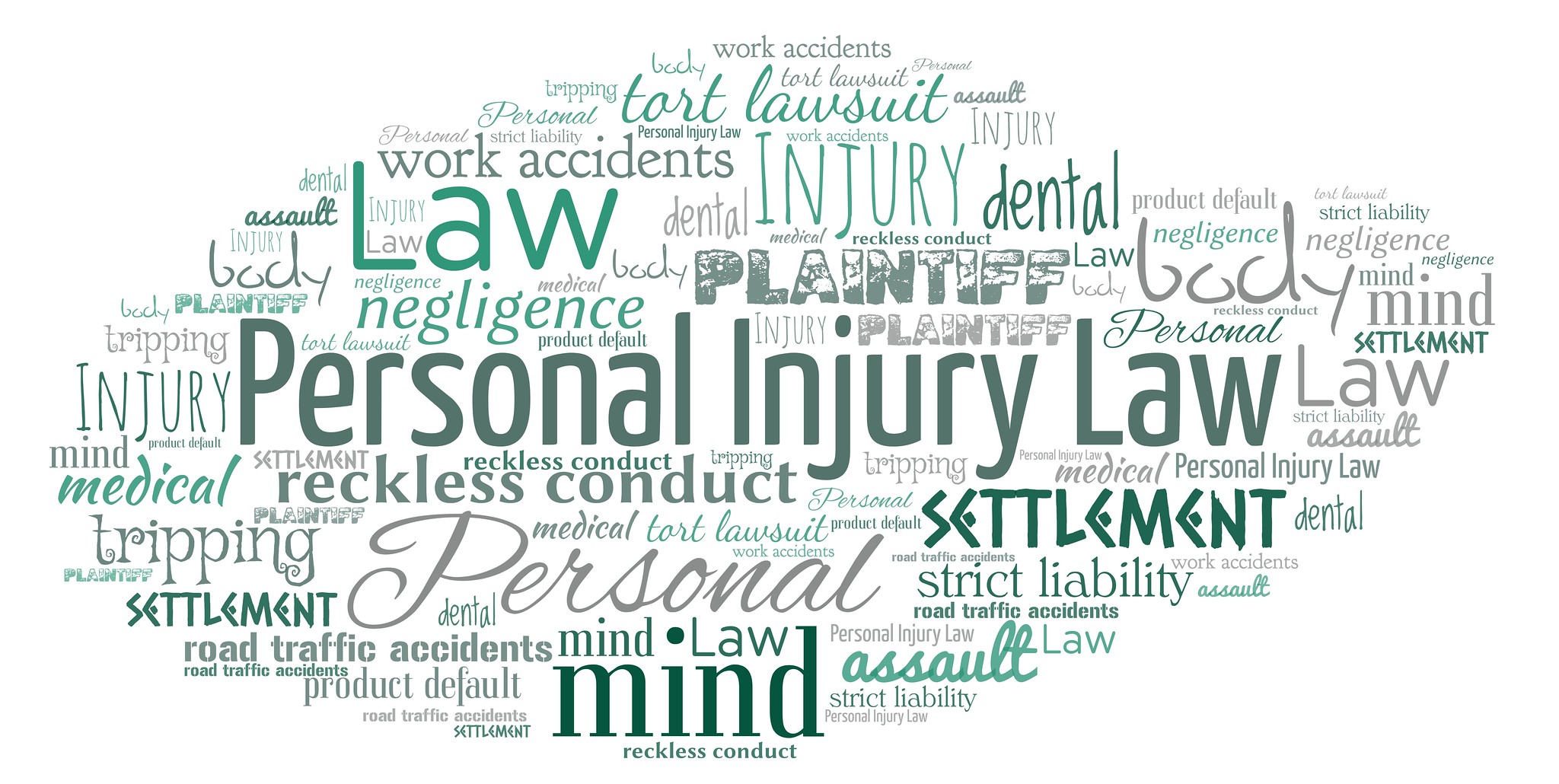See our selection of the best injury and accident lawyers in Vermont
Selecting the right personal injury attorney in Vermont is vital for achieving a favorable outcome in your case. Here are the essential criteria to consider:
1. Experience
- Years of Practice: Opt for attorneys with significant experience in personal injury law.
- Relevant Cases: Ensure they have handled cases like yours, such as car accidents, medical malpractice, or slip and fall incidents.
- Trial Experience: Confirm they have experience with trials, not just settlements.
2. Reputation
- Client Reviews: Look at reviews and testimonials from previous clients on sites like Google, Avvo, and Yelp.
- Peer Recommendations: Check for endorsements from other attorneys.
- Professional Ratings: Consider ratings from legal directories such as Martindale-Hubbell.
3. Success Rate
- Case Outcomes: Ask about their success rate in winning cases and securing favorable settlements.
- Settlement vs. Trial: Understand their track record in both settling cases and winning in court.
4. Specialization
- Practice Focus: Choose an attorney who specializes in personal injury law.
- Certifications: Look for board certifications in personal injury law that indicate specialized expertise.
5. Communication Skills
- Clarity: Assess how well they explain legal terms and the specifics of your case.
- Responsiveness: Note their promptness in responding to your questions.
- Availability: Ensure they are available to address your concerns throughout the case.
6. Resources
- Support Staff: Check if they have a competent team of paralegals and support staff.
- Technology: Verify if they use modern technology for managing cases and communication.
- Financial Resources: Ensure they have the financial capacity to take your case to trial if necessary.
7. Client-Centered Approach
- Empathy: Look for an attorney who listens to your concerns and understands your needs.
- Personal Attention: Ensure they will give your case the attention it deserves.
- Transparency: Seek an attorney who is transparent about the process, fees, and potential outcomes.
8. Fee Structure
- Contingency Fees: Most personal injury attorneys work on a contingency fee basis, meaning they only get paid if you win.
- Additional Costs: Clarify any additional costs, such as court fees or expert witness fees.
- Percentage: Understand the percentage they will take from your settlement or award.
9. Accessibility
- Location: Consider the convenience of their office location.
- Communication Channels: Check if they offer multiple communication methods, like phone, email, and in-person meetings.
- Availability: Ensure they have a manageable caseload to be available for your case.
10. Professional Associations and Awards
- Memberships: Look for memberships in professional organizations such as the American Association for Justice (AAJ) or state bar associations.
- Awards: Consider any awards or recognitions from legal organizations or publications.
By evaluating these criteria, you can make an informed decision and select a personal injury attorney who is well-suited to handle your case and achieve a positive outcome.
See our selection of the best injury and accident lawyers in Vermont
Image Credit: www.epictop10.com

